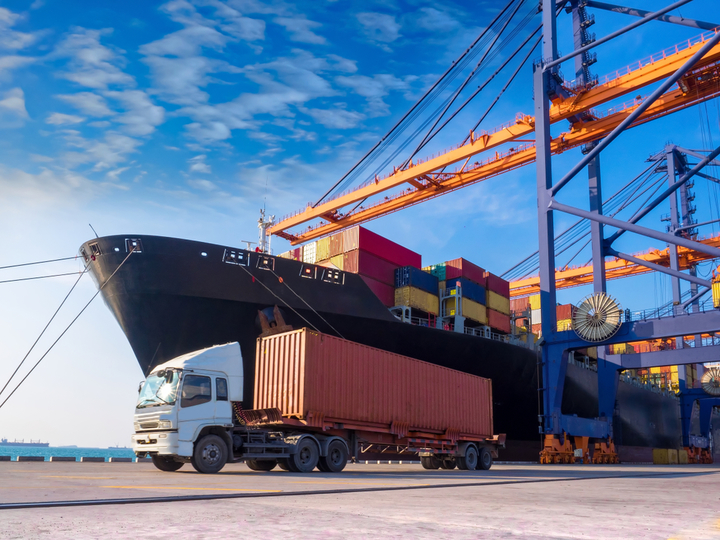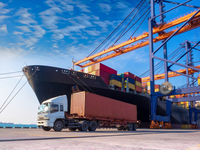We should all be concerned about how the trade war is affecting the United States. President Trump is working with the European Union, with the mutual goal of reaching an agreement with zero tariffs, zero non-tariff barriers, and zero subsidies for non-auto industrial goods. This is an exciting new phase in the relationships between the US and the EU. It's great to see President Trump working out new deals that are better for America! Please read the following article from our guest poster and let us know what you think about the trade war in the comments.
Tariffs and Trade Wars: Why We Should be Concerned
One of the key ingredients to maintaining a positive global marketplace is collegial trade between countries. Many partnerships are strong and create a win-win situation for all concerned parties.
But, there are still many countries who cannot come to an agreement about the ratio of imports to exports between the nations. These disagreements can escalate into imposed tariffs and the beginnings of a trade war.
So why should we be concerned about tariffs and trade wars? Here’s what you need to know.
What Is a Trade War?

A trade war occurs when nations enforce quotas or tariffs on imports and foreign countries retaliate in a similar fashion. As it intensifies, a trade war stymies international trade.
A trade war can begin when a nation tries to protect domestic industry and create jobs, and at times it can work in the short-term. But long-term, a trade war costs jobs and dampens economic growth for everyone. It can also generate inflation because tariffs raise the prices of imported goods.
America’s last major trade war happened after imposition of the 1930 Smoot-Hawley Tariff, which increased 900 import tariffs from 40-48%. It was supposed to support U.S. farmers whose land had been devastated by the Dust Bowl, but it resulted in higher food prices for Americans who were already crippled by the Great Depression.
America’s trade partners at the time hit back with their own tariffs and global trade fell by 65%, worsened the depression, and contributed to the beginning of World War II.
After Smoot-Hawley, the country suffered tremendously. The general public had little understanding of tariffs or trade agreements.
CLICK HERE to read more about how the trade war affects America.






